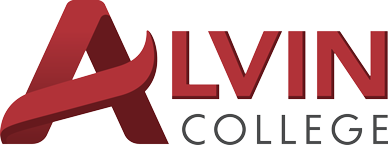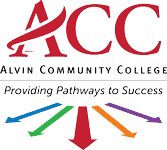DCVS FAQs
Frequently Asked Questions
Official transcripts for prerequisite courses must be submitted by the June 1st deadline.
DCVS classes run Monday through Friday. We currently don't offer weekend or evening classes, with the exception of Pediatric Echocardiography labs, which will be held in the evenings. Classes are delivered in a hybrid format, combining online learning with on-campus labs.
Clinical rotations take place at various sites in Houston and the surrounding area. Clinical coordinators assign students to locations, ensuring equitable clinical experience for all. Students are unable to request specific clinical placements.
Please note that all schedules are subject to change at the discretion of the DCVS program.
Licensure
Currently, there is no state-required licensure for vascular sonographers in Texas, though this may change in the future. As of now, only four states—New Mexico, New Hampshire, North Dakota, and Oregon—mandate state licensure in addition to professional credentials.
Credentialing
Credentialing is distinct from state licensure. Credentials are earned by passing a board examination at the end of the program, and this is a requirement for employment at most facilities before hiring a graduate. To perform exams and secure Medicare reimbursement, vascular sonographers must be registered or credentialed. Students in our program are eligible to take the registry exam with either the American Registry for Diagnostic Medical Sonography (ARDMS) or Cardiovascular Credentialing International (CCI) during their final semester, prior to graduation.
Earning potential for sonographers varies based on training, education, experience, and professional registry.
New graduates can expect an average starting salary of at least $65,000 annually.
Experienced, registered sonographers typically earn between $85,000 and $117,394 annually, according to data from the Department of Labor.
COLLEGE & CAREER PATHWAYS
Diagnostic Cardiovascular Sonography is part of our Health Career Pathway. Click the box below to see other Health programs that may interest you.

